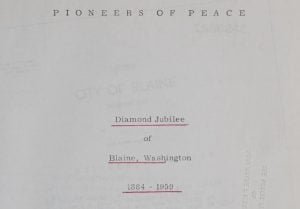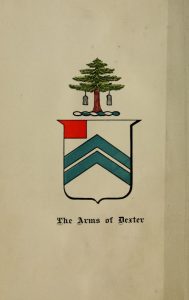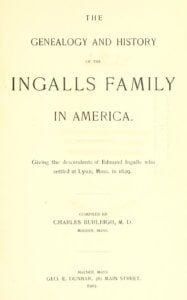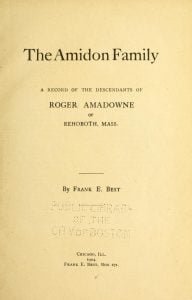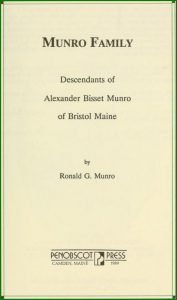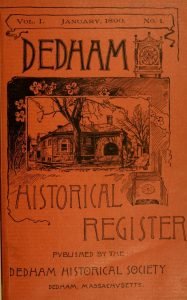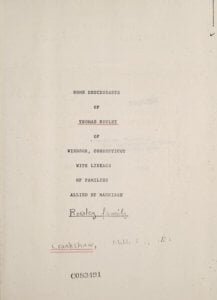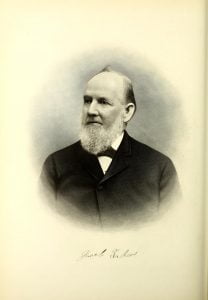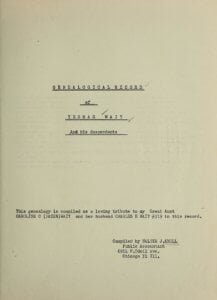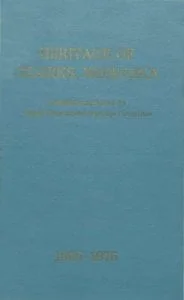KELLEY (New Bedford family Haverhill branch). At New Bedford for several generations have lived what for designation may be termed the Haverhill-New Bedford Kelleys. Reference is made to some of the descendants of William Kelley and his wife Abigail (Cannon) Kelley, both natives of the town of Haverhill, one of whose sons, the late Henry C. Kelley, was in the earlier half of the nineteenth century a merchant in New Bedford, and his son, the present Charles Sampson Kelley, since young manhood has been one of the most active and useful citizens of the city, having coupled his name with most if not all of the projects which have tended to the developing and modernizing of the city, one whose efforts in this direction have been especially conspicuous; and who, as a business man, banker and broker, is the architect of his own successful career.
The name Kelley, which was originally spelled Kelleigh, can be traced back to a period prior to the Norman conquest, and its barons are undoubtedly descended from the ancient Britons. The principal manorial seat of the family in England has been for many centuries located in the small parish of Kelly (or Kelley) in Devonshire. Burke and Shirley both agree as to its great antiquity, and the latter asserts that the Kellys have been lords of the manor from the reign of Henry II. (1154-1189). All the Kelleys in New England prior to 1690, with the exception of David Kelley of Yarmouth, Mass., freeman, 1657, and possibly one other family, appear to have been of English origin, and in all probability were of the Devonshire stock.

